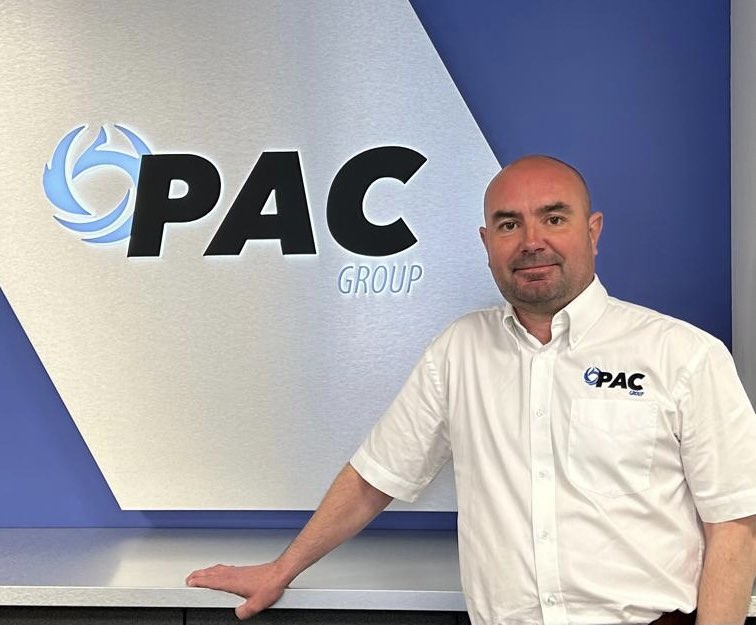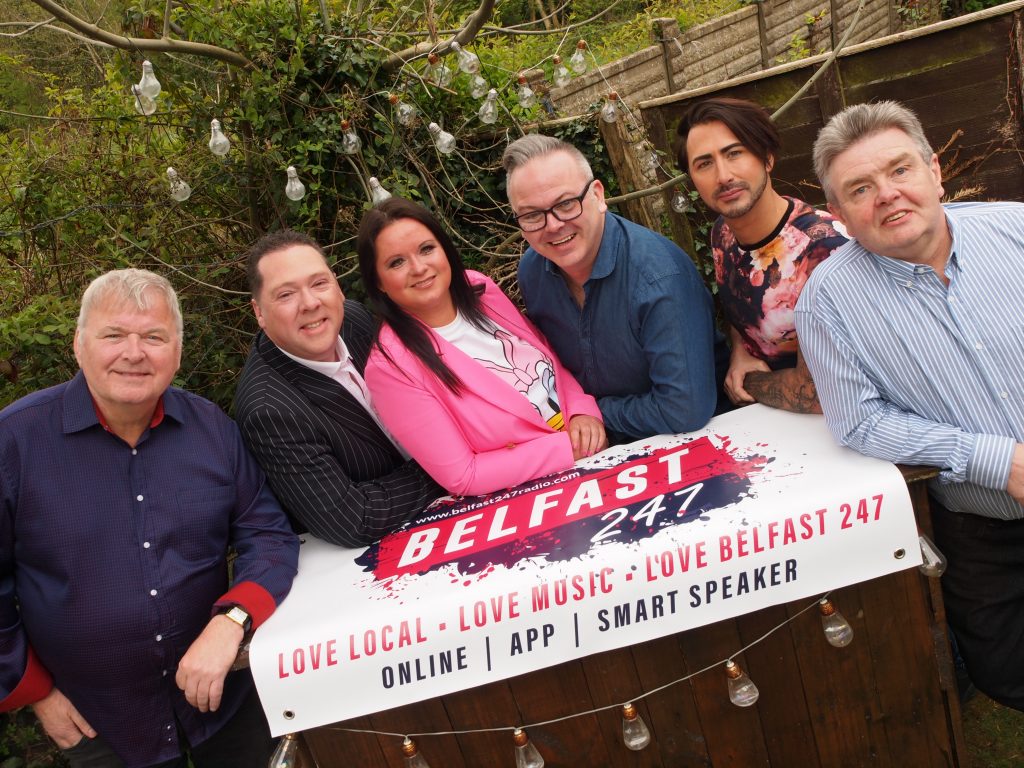By Karl Fox, General Manager, PAC Enviro
Late last year as global leaders met in Sharam El-Sheikh to discuss climate change at COP27 the issue of water, whether it be flooding in Pakistan or drought in east Africa was never far from the news reports. But the impact of water, and wastewater, closer to home is something that the industry must consider.
To the casual observer, it may seem strange that, in a country so blessed with rainfall, wastewater can have an environmental impact, yet the very treatment of it and managing the processes are drivers of change.
There are real costs in managing wastewater such as energy use and real costs to the environment if not done correctly. Industrial and domestic wastewater disposal is estimated to contribute nine per cent of worldwide anthropogenic methane emissions.
At PAC Enviro, a division of PAC Group, we are conscious that our clients, large and small, want to be part of the solution to the challenges set at COP27, and the ambitious targets set by Northern Ireland’s Climate Action Plan.
Managing water in the workplace is a task that, in some ways, is similar to what you might do at home. Leaks from taps, inefficient toilet flushes and water used in cleaning are all part of the water use mix, but for businesses, there is the added driver of water charges, whether metered or assessed.
Businesses from all sectors from hospitality right through to major manufacturers can not only contribute to the climate goals but also save financially by committing to reusing their water by harvesting, treating and reusing their grey water, wastewater and rainwater.
As water is used at a high volume in manufacturing and engineering it is a resource that must be looked at in planning. Project management and applying the right software are the headline services that can be looked at for water use and wastewater treatment.
From screening the wastewater through to clarification and effluent disposal it can be up to an eight-stage process. Control and automation, plant optimisation, stand-alone solutions, upgrades, associated mechanical and services and pumping station control are part of the mix to be considered across all industry sectors, including agricultural, transport, manufacturing, hospitality and much more.
It is because of the breadth of water usage that all must take on the challenges. Where is our water used? How much does it cost? How is our wastewater managed? What impact does it have on climate? The answers to these questions are available and can be applied in a cost-effective way, in addition to working towards environmental accreditation to reassure clients that it is a responsible business.
That word – responsible – resonates across all industries as every part of society is becoming more acutely aware of the impact that there is no time to wait, and delays will be frowned upon.
I’m not talking about the extreme protests seen across England’s roads and motorways, but the ordinary person who is becoming more conscious of what they are contributing to climate change. That so-called ordinary person is a voter, a business owner, and a consumer. They each want to be part of the solution.
A business’ contribution to achieving net zero is not just an altruistic ambition but it also makes sense when applied to the bottom line. There are real economic advantages to looking at sustainable business planning. Managing wastewater must be part of that mix. Married with renewable energy sources such as solar panels, that target can be achieved.
With the recent increase in non-domestic water and sewerage rates in Northern Ireland, all businesses can not only contribute to achieving net zero but also save money by treating and reusing their grey water, rainwater and modern technology now means even their wastewater can be treated and reused.
The Climate Action Plan will demand that 80% of Northern Ireland’s energy will be from renewable resources by 2030. Unfortunately, we are well away from achieving that target despite almost 50% coming from those sources in 2022 from a base of almost zero 15 years ago.
The country stands at an environmental and economic crossroads. We as individuals can take action; we as business owners and investors can take action.
Businesses such as PAC Enviro and our other PAC Group divisions have been working towards developing efficient, environmentally sensitive solutions. Instead of staring into an abyss wondering what to do, the services are at hand. Whether it be the private or public sector there are ways to tackle the pressing issues for all of the country, and across the UK and Ireland.
What we cannot afford to do is avoid the need to act now. The future health and wellbeing of all of us and our country might seem like hyperbole, but it is the reality. Planning for the next business cycle may take up a lot of time, but a longer vision is also key.
The next time we are caught in a downpour, walk along a river, or even drive past a wastewater treatment plant it is worth considering how that precious resource is managed and how effective management can contribute to a more sustainable future.





